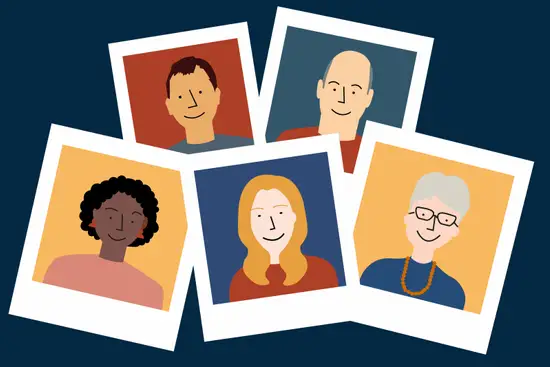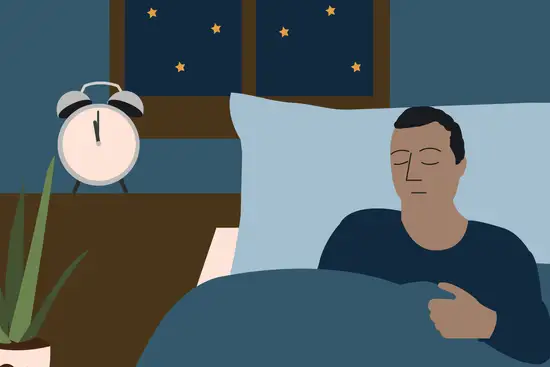Everyone dreams. Whether you remember them or not, we all dream around four to five times a night. While many people report experiencing ‘vivid’ dreams, there is no accepted scientific definition for what constitutes a vivid dream.
We have dream-like events throughout our sleep. Our long, narrative dreams occur during a very specific stage of sleep – Rapid Eye Movement (REM).
We’re wired to wake during REM sleep. This means that the more disturbed your sleep, the more likely you are to wake during a dream and remember that dream.
The content of our dreams, whether good or bad, consists of anything we know or can imagine. This means that we don’t necessarily need to experience traumatic or stressful events to have stressful or traumatic dreams.
You can only remember a dream if you wake during, or very soon after, the dream1. This poses the question: ‘What do the dreams which you don’t remember mean?’.
In this regard, dreaming is like going to a cinema multiplex. The more random movies you go and see, the more likely you are to experience different genres from rom-coms to horrors. For dreams, what we experience during the day will inform the content of our dreams during the night.
When it comes to the vividness of dreams, there’s a link to emotional content and/or the bizarreness of the dream2. It’s probable that dreams which arouse strong emotions, either positive or negative, are more memorable and more vivid.
The majority of our dreams are mundane. In contrast to our usual dreams, a bizarre or outlandish dream will stand out and this serves to intensify the impact of the dream, causing us to feel that it was particularly vivid.
Vivid dreams are associated with anything that disturbs sleep such as:
- stresses caused by traumatic events.
- significant events (getting married or buying a house).
- anxiety.
- issues that cause a lack of sleep, such as insomnia.
- medications that negatively affect sleep quality.
- alcohol, nicotine and caffeine.
- recreational drugs.
- mental health conditions.
- physical illnesses.
- pregnancy.
Pregnant women often report experiencing vivid dreams, especially during the early days of their pregnancy.
Medications that are known to negatively affect sleep include antidepressants, beta-blockers, blood pressure medications and Parkinson’s disease drugs.
Vivid dreams are normally nothing to worry about. However, repeatedly experiencing vivid nightmares, which may involve reliving traumatic events, may be a sign of Post-traumatic Stress Disorder (PTSD) – especially if these dreams last for weeks or months. Such dreams can be emotionally disturbing and disruptive to your sleep3.
If your vivid dreams are causing you emotional distress or physical problems, then you should consult your GP.
References
- Akerstedt, T., Billiard, M., Bonnet, M., Ficca, G., Garma, L., Mariotti, M., Salzarulo, P. and Schulz, H., 2002. Awakening from sleep. Sleep medicine reviews, 6(4), pp.267-286. ↩︎
- Bonato, R.A., Moffitt, A.R., Hoffmann, R.F., Cuddy, M.A. and Wimmer, F.L., 1991. Bizarreness in dreams and nightmares. Dreaming, 1(1), p.53. ↩︎
- Nielsen, T. and Levin, R., 2007. Nightmares: a new neurocognitive model. Sleep medicine reviews, 11(4), pp.295-310. ↩︎


